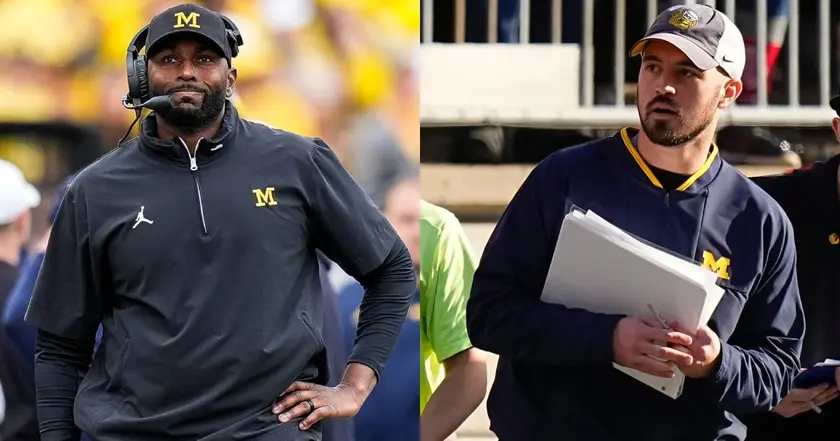T4K3.news
Michigan fined over 20 million in sign stealing case
NCAA sanctions Michigan with a multi-year financial penalty and show-cause orders after a probe into the 2023 sign stealing scheme.
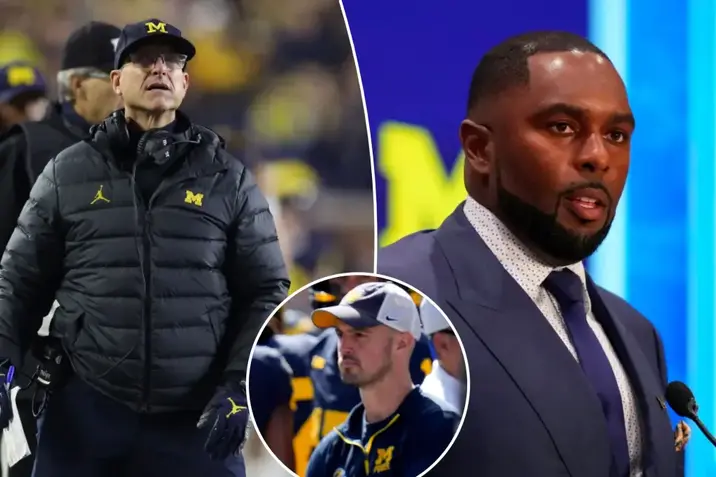
NCAA sanctions Michigan with a heavy financial penalty and show-cause orders after a probe into the 2023 sign stealing scheme.
Michigan fined over 20 million in sign stealing case
The NCAA's Division I Committee on Infractions announced penalties tied to a multi-season sign stealing investigation involving former staffer Connor Stalions. Michigan will pay a financial penalty estimated at more than $20 million, offset by no postseason bans for players, and the violation count includes lost postseason football revenue over the next two seasons. Stalions received an eight-year show-cause order restricting him from athletically related activities, while former coach Jim Harbaugh was hit with a 10-year show-cause penalty starting August 7, 2028. Head coach Sherrone Moore also faces a two-year show-cause order and an additional one-game suspension for the 2026 season opener after self-imposed bans in recent seasons.
The panel found violations spanning off-campus scouting, impermissible recruiting inducements and cooperation failures. Michigan was placed on probation for four years and faces a 25 percent reduction in official recruiting visits. The NCAA noted that a postseason ban would have unfairly penalized current student-athletes and thus chose an offsetting financial penalty instead. Harbaugh’s program was previously sanctioned by the Big Ten with a three-game suspension at the end of the 2023 season, but the COI decision keeps postseason eligibility in play for now. The investigation also highlighted evidence such as ticket receipts and transfer data, and it described Stalions as directing in-person scouting activities that extended over the 2021–23 period.
Key Takeaways
"Over the course of three seasons, the Michigan football program committed violations involving an off-campus, in-person scouting scheme, impermissible recruiting inducements and communications."
NCAA COI summarizing violations
"Stalions admitted to spending $35,000 on tickets in 2022."
Admission attributed to Connor Stalions
"Regardless of whether it was Stalions or someone acting on his behalf, their physical presence at the game essentially gave them front-row seats to a key element of opponents’ offensive and defensive strategies"
Panel describing the impact of the scheme
"The panel determined a postseason ban would unfairly penalize student-athletes for the actions of coaches and staff who are no longer associated with the Michigan football program"
Reason for not imposing postseason ban
The sanctions send a clear message that financial penalties can be the primary tool for enforcing integrity in college sports. Yet they also raise questions about governance culture and how swiftly a program can repair trust after a major lapse. By avoiding a postseason ban, the panel shields student-athletes from punishment for adults’ missteps, but the penalties will still linger in recruiting, staffing choices and public perception. Michigan now faces a protracted process of compliance reform that will test the durability of its leadership and its ability to rebuild credibility with fans and rivals alike.
Highlights
- Rule compliance is a cost of admission to modern college sports
- Trust is earned in the quiet hours of governance not the loud game days
- Penalty money may change futures more than any trophy
- Transparency will become the best recruiting tool
Financial penalties and governance risk
The heavy financial penalty and show-cause orders raise questions about compliance culture, budget impact, and potential backlash from fans and donors. The case highlights how governance gaps can lead to long-lasting reputational and financial effects on a program.
Time will test the program’s ability to reform and regain trust.
Enjoyed this? Let your friends know!
Related News
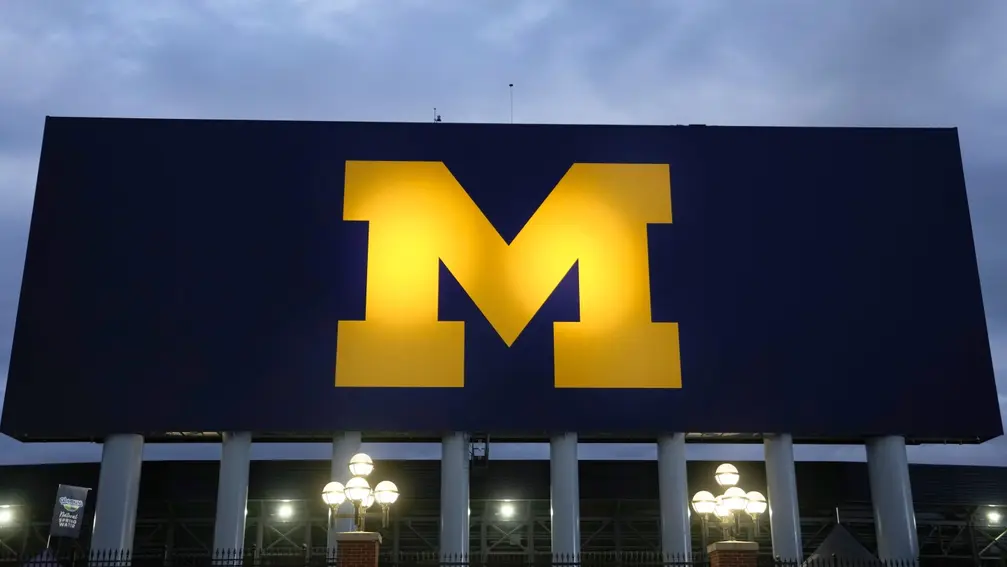
Michigan penalties announced
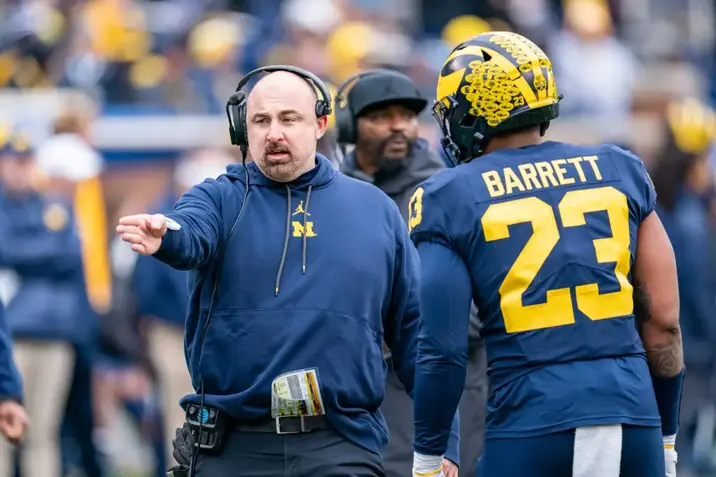
Partridge cleared by NCAA no punishment issued
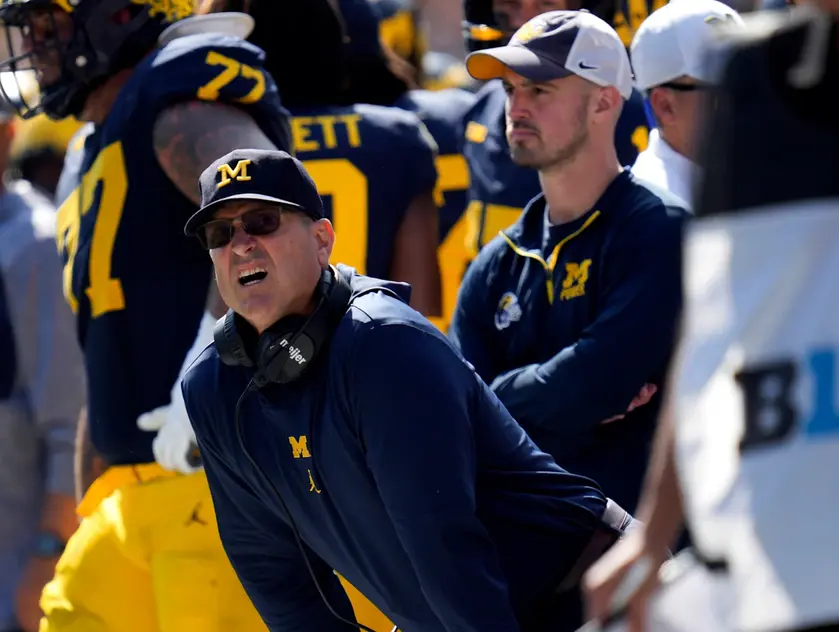
Michigan penalties confirmed by NCAA
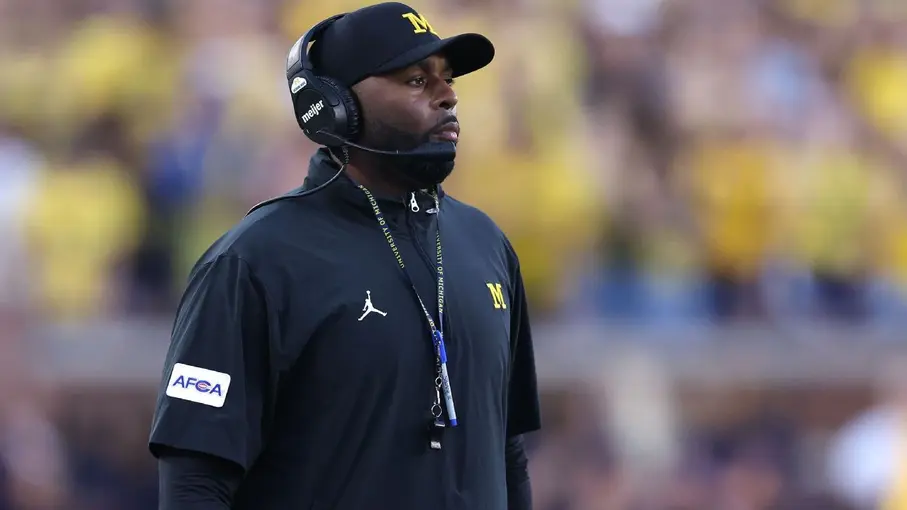
Michigan sanctioned by NCAA
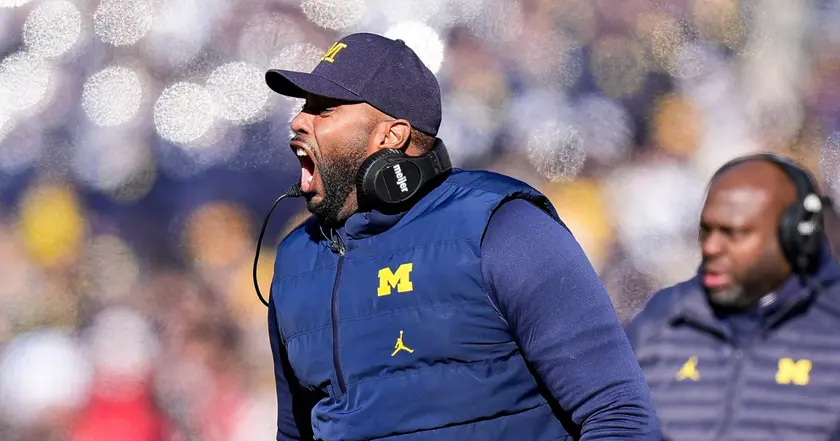
NCAA to hit Michigan with record fine for sign stealing
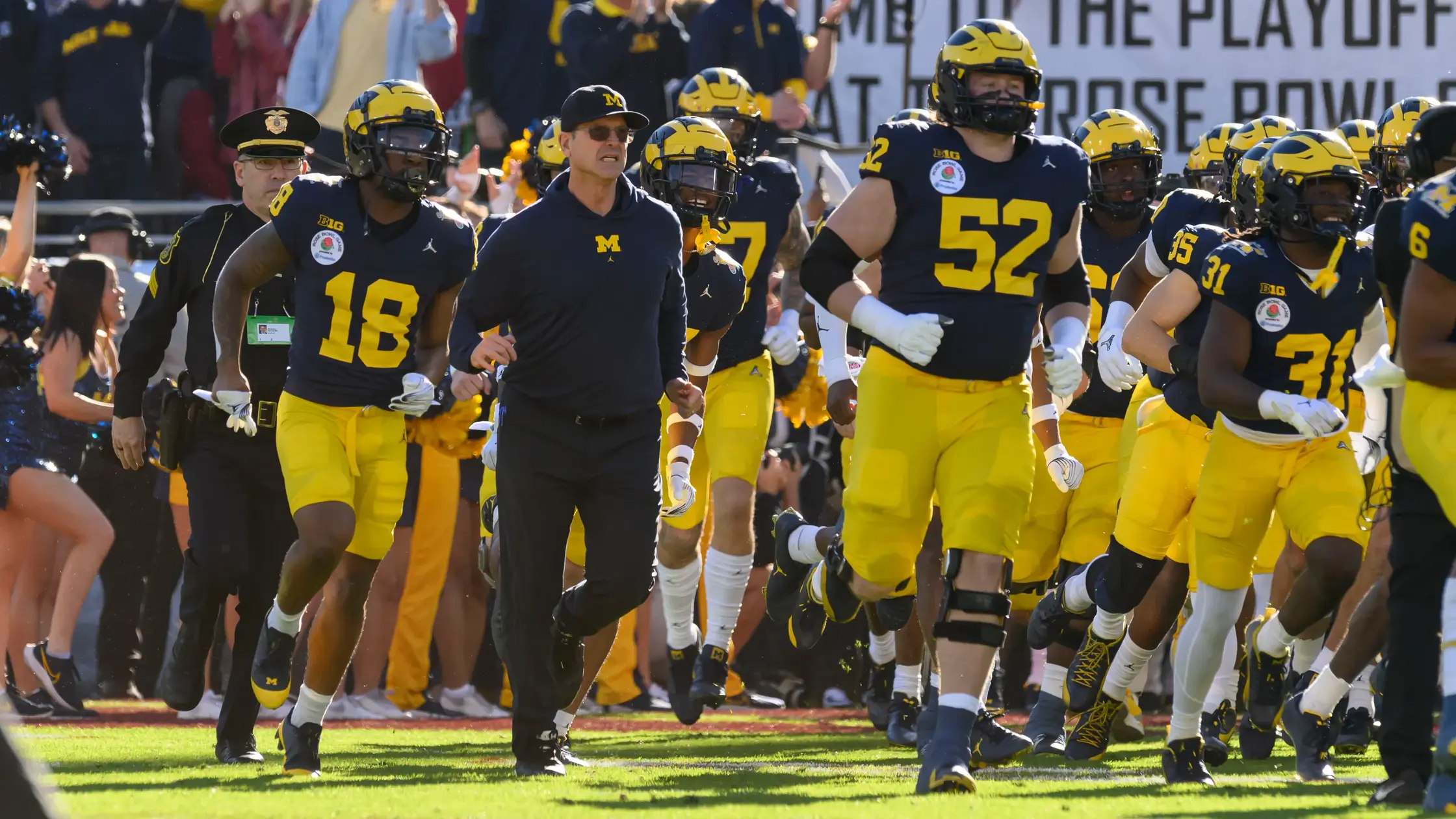
Michigan sanctioned in sign stealing case
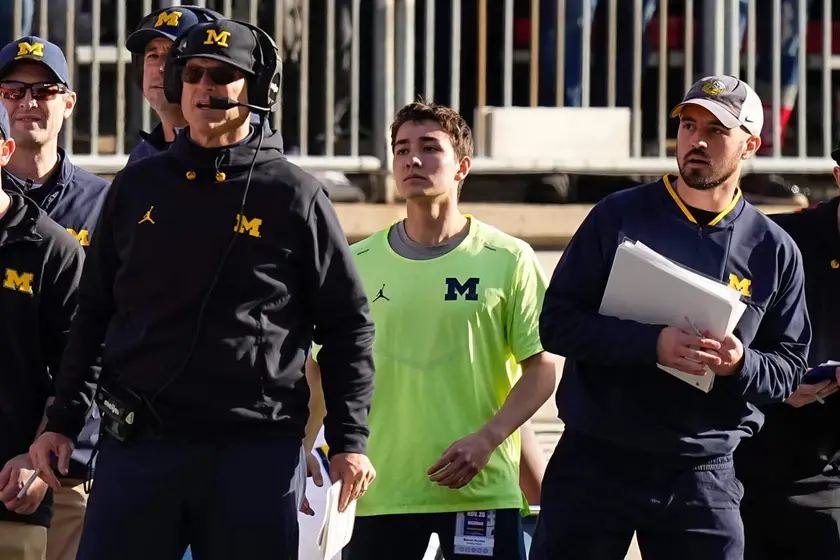
NCAA sets ruling on Michigan sign stealing penalties
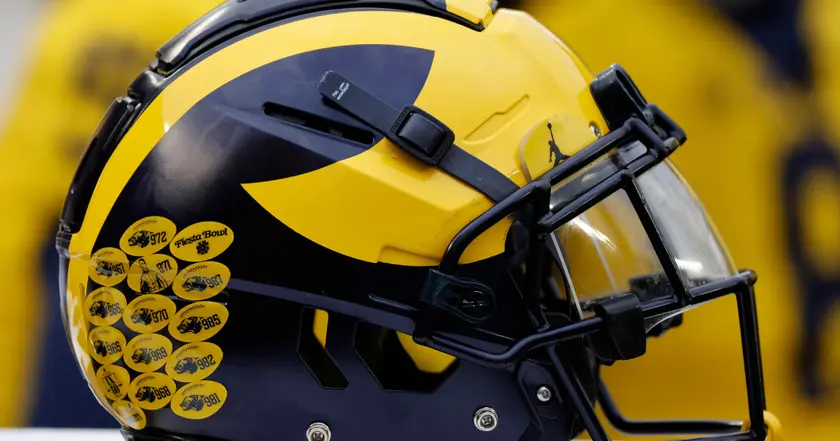
Michigan appeals NCAA sign-stealing sanctions
